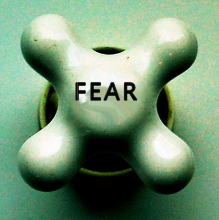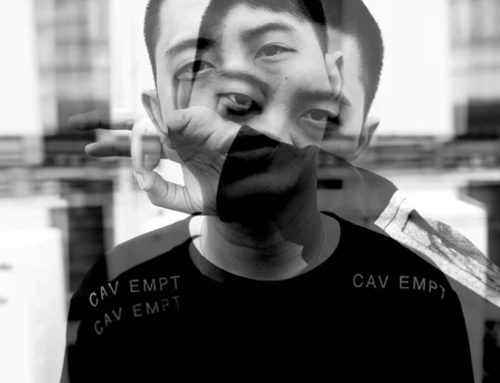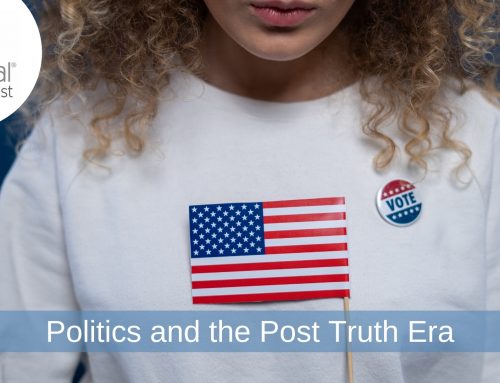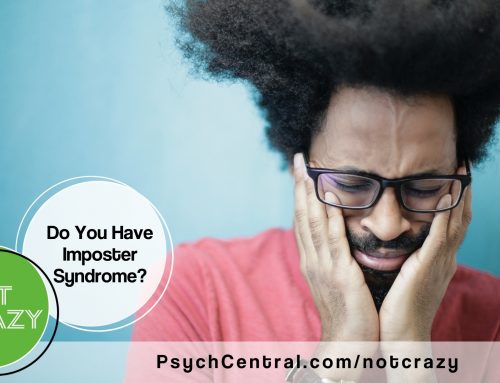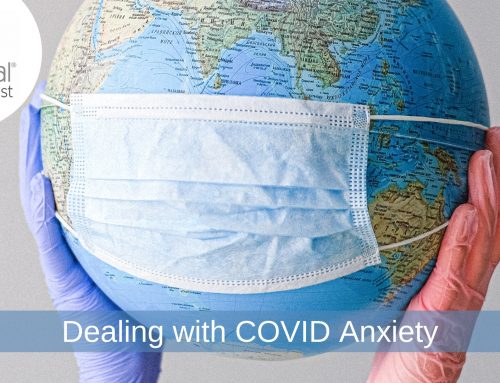At least once a week, I stand up in front of a group of people, most often strangers, and say, “My name is Gabe Howard and I have a mental illness.” Sometimes I mix it up, to prevent my own boredom, and say I have bipolar and anxiety disorders, but the single message is always the same: I publicly confess to having mental illness, which is a disorder most people not only don’t understand, but actively fear.
I have been called brave and people shake my hand, give me hugs, pats on the back, and tell me that I have given them valuable insight, hope, and understanding. It is a wonderful feeling, and one of my primary motivators, but even with all of that, it doesn’t come close to erasing my fear about living with mental illness.
Perhaps the single most ironic part of my life is that in order to fight my fear of being mentally ill, I have to be brave. As a person living with mental illness, I am afraid. I fear for myself because the reality of relapse, pain, suffering, and even death is very real. (I have made the comparison that Mental Illness is an Asshole)
Fear of how Society Reacts to Mental Illness
 When you consider the very public debate of involuntary treatment, the undermining of privacy rights, and the elimination of due process, it is easy to see why I am afraid. The outcomes of these debates have very real, and potentially negative, consequences on my life.
When you consider the very public debate of involuntary treatment, the undermining of privacy rights, and the elimination of due process, it is easy to see why I am afraid. The outcomes of these debates have very real, and potentially negative, consequences on my life.
Society openly talking about what is best for me, as if I have nothing to offer the conversation, is frightening. There are countless stories of people just like me being denied jobs, services, freedoms, and opportunities because of an illness we didn’t ask for and absolutely don’t want.
The media uses people like us as scapegoats for violence, disruption, and chaos, and this misinformation causes my friends and neighbors to worry about what I, and others with mental illness, might do. While the vast majority of people with mental illness do nothing wrong and lead normal lives (we even have dads) we are held accountable for the small percentage that does.
Everywhere I look, the loudest voices for mental illness advocacy are not people living with the illness. They are the friends and family members of people with mental illness. They are concerned community members, politicians, and directors of mental health charities. More often than not, they are people who have been affected, often negatively, by others living with mental illness, not suffering themselves. The conversation, for the moment, is heavily slanted to what can be done about the mentally ill, instead of what can be done for us.
We need to Fight Mental Illness; Not People
People with mental illness are not problems to be dealt with. We, as people, are not the problem; the illness is the problem. And, make no mistake, our illness is a nasty one. But society is blaming people for having mental illness instead of trying to provide treatment for it. The conversation is going in the wrong direction. This should not be a debate about how to protect society from persons living with mental illness, but a debate on how to help the people living with mental illness reach recovery.
We should be preventing suicide, providing education, providing treatment, and approaching the mentally ill as people with an illness. Far too often, the debate focuses on how society can make a person with mental illness do what society thinks they should do. Treatment and medical intervention are often incorrectly seen as the goal for people living with mental illness rather than the mentally ill having an equal quality of life as those without mental illness.
Mental illness takes so much from a person. Please, don’t allow it to trick society into taking our humanity as well.
Gabe Howard
www.GabeHoward.com

